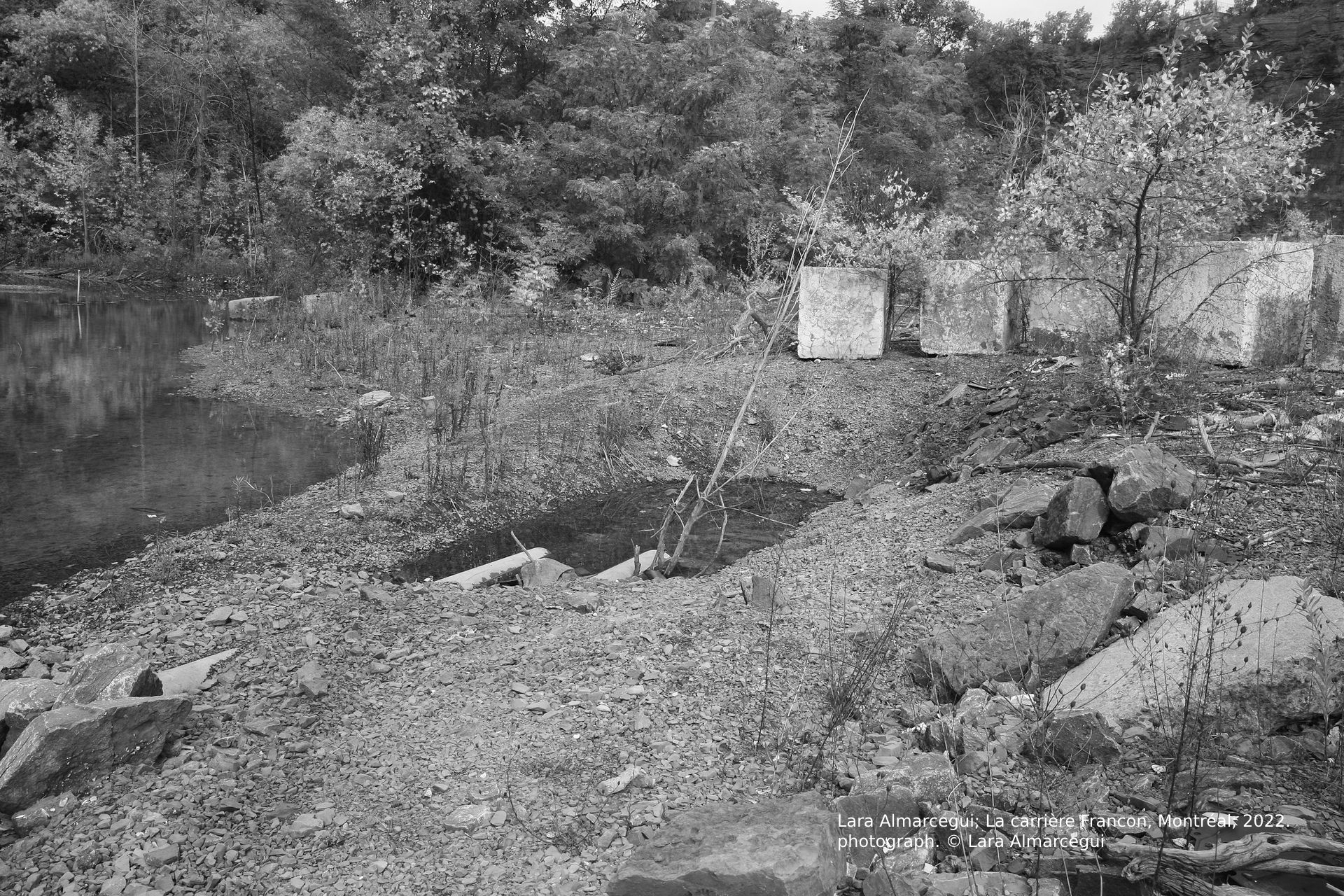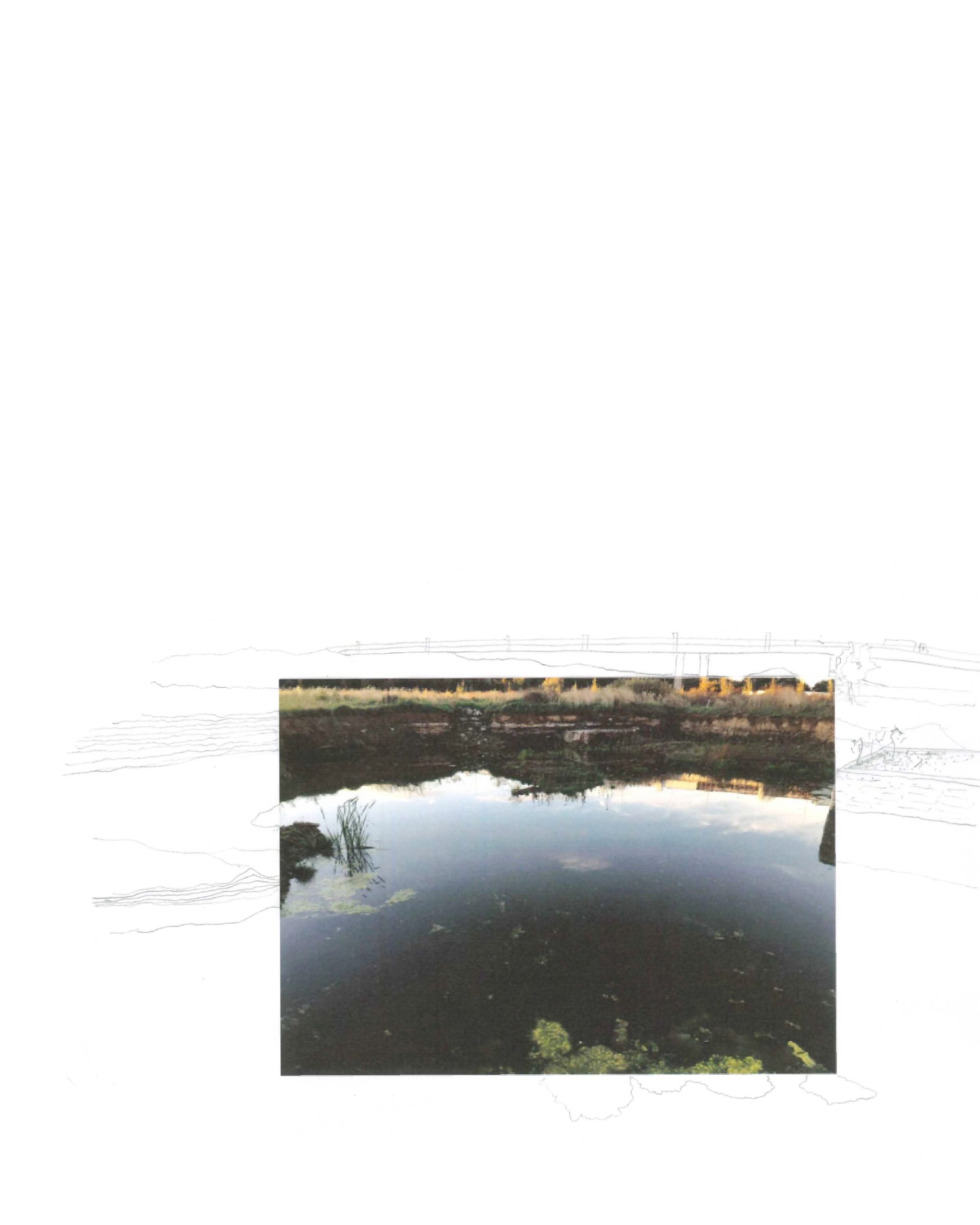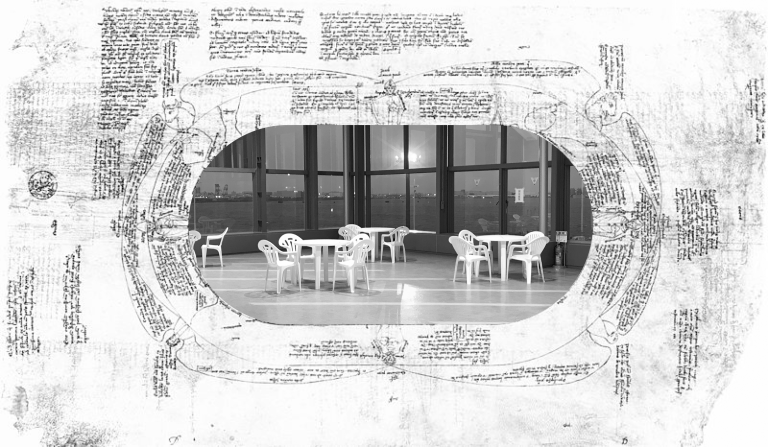Eksperimentas
Economies of Wasteland
In an attempt to propagate and give new value to the existent wastelands comes the idea of the three economies of wasteland, as an invitation to reconsider our currencies of value. This experiment aims to advocate for the right of void, absence and opposing the excess architecture and its capitalistic acceleration logic.Hence, Gabrielė intends to look back into the history of social organization and use historical economic perspectives in reevaluating the worth of wastelands.
Firstly, she will look into the economy of pickers. What is considered now as an urban wasteland or a leftover green pocket within the urban fabric can become a site of discovery for contemporary foragers. Secondly, Gabrielė ponders how much of a wasteland can one buy for 500 euros? Or, how to professionally do nothing on a wasteland? Experiment aims to play with the capitalist logic of land ownership and to make the cartesian land division a bit more of a complex issue for the future developers to come. Thirdly, she intends to search for wisdom within the principles of the barter economy. What happens if she exchanges 1 square meter of soil from a wasteland with 1 square meter from a profit driven development site? What evaluation systems to evoke? What might have a high monetary value will perhaps become a pile of rubbish in the perspective of decomposers. How can decomposers, weeds and seeds become valid players within the stock market? Above all, wastelands are islands, in cultural, material, and political terms, which pose an ideological as well as practical challenge for the utilitarian impetus of capitalist urbanization. The intrinsic worth of the ostensibly useless is as much political question as an individual one.




